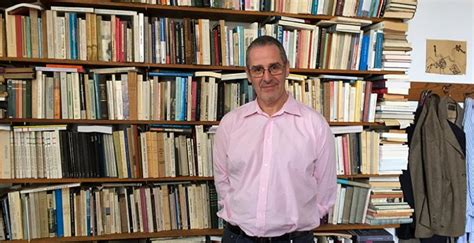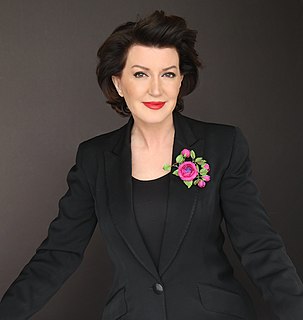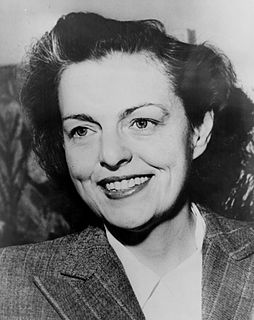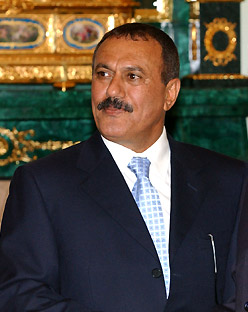A Quote by Vandana Shiva
My links with [Mahatma] Gandhi now are very political links because I do not believe there is any other politics available to us in the late twentieth century, a period of a totalitarianism linked with the market. There is really no other way you can do politics and create freedom for people without the kinds of instruments he revived. Civil disobedience is a way to create permanent democracy, perennial democracy, a direct democracy.
Quote Topics
Any
Available
Because
Believe
Century
Civil
Civil Disobedience
Create
Democracy
Direct
Direct Democracy
Disobedience
Freedom
Gandhi
Instruments
Kinds
Late
Linked
Links
Market
Now
Other
People
Perennial
Period
Permanent
Political
Politics
Really
Totalitarianism
Twentieth
Twentieth Century
Us
Very
Way
Without
Related Quotes
Gandhi is the other person. I believe Gandhi is the only person who knew about real democracy — not democracy as the right to go and buy what you want, but democracy as the responsibility to be accountable to everyone around you. Democracy begins with freedom from hunger, freedom from unemployment, freedom from fear, and freedom from hatred. To me, those are the real freedoms on the basis of which good human societies are based.
Let’s not forget that American democracy started with ‘We the People’ agreeing to work hard to create ‘a more perfect union.’ We’ve lost the idea that politics begins at home with what happens in families, in neighborhoods, in classrooms, in congregations. We called this democracy into being – and if we want to call this democracy back to its highest values, it’s got to be the us doing that calling. That’s not going to happen if ‘We the People’ don’t know how to talk to one another with civility and hold our differences in a creative, life-giving way.
Democracy suits Europeans today partly because it is associated with the triumph of capitalism and partly because it involves less commitment or intrusion into their lives than any of the alternatives. Europeans accept democracy because they no longer believe in politics. It is for this reason that we find both high levels of support for democracy in cross-national opinion polls and high rates of political apathy.
In capitalist society we have a democracy that is curtailed, wretched, false, a democracy only for the rich, for the minority. The dictatorship of the proletariat, the period of transition to communism, will for the first time create democracy for the people, for the majority, along with the necessary suppression of the exploiters, of the minority.
I believe in market economics. But to paraphrase Churchill - who said this about democracy and political regimes - a market economy might be the worst economic regime available, apart from the alternatives. I believe that people react to incentives, that incentives matter, and that prices reflect the way things should be allocated. But I also believe that market economies sometimes have market failures, and when these occur, there's a role for prudential - not excessive - regulation of the financial system.
Given that the nineteenth century was the century of Socialism, of Liberalism, and of Democracy, it does not necessarily follow that the twentieth century must also be a century of Socialism, Liberalism and Democracy: political doctrines pass, but humanity remains, and it may rather be expected that this will be a century of authority ... a century of Fascism. For if the nineteenth century was a century of individualism it may be expected that this will be the century of collectivism and hence the century of the State.


































